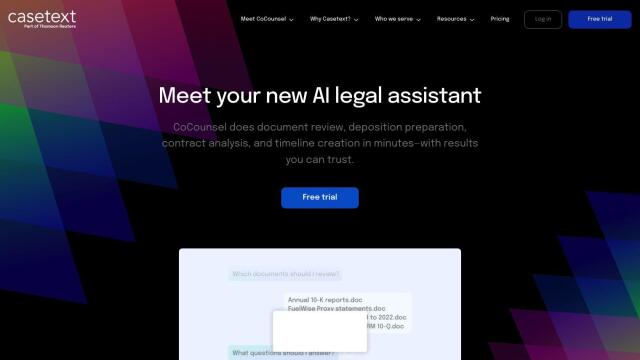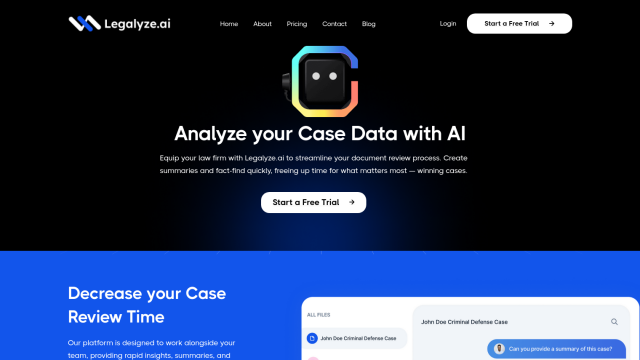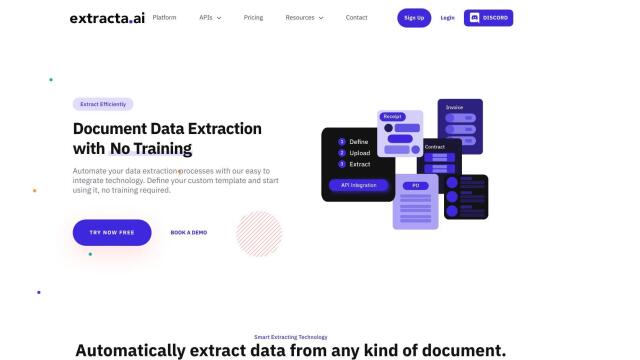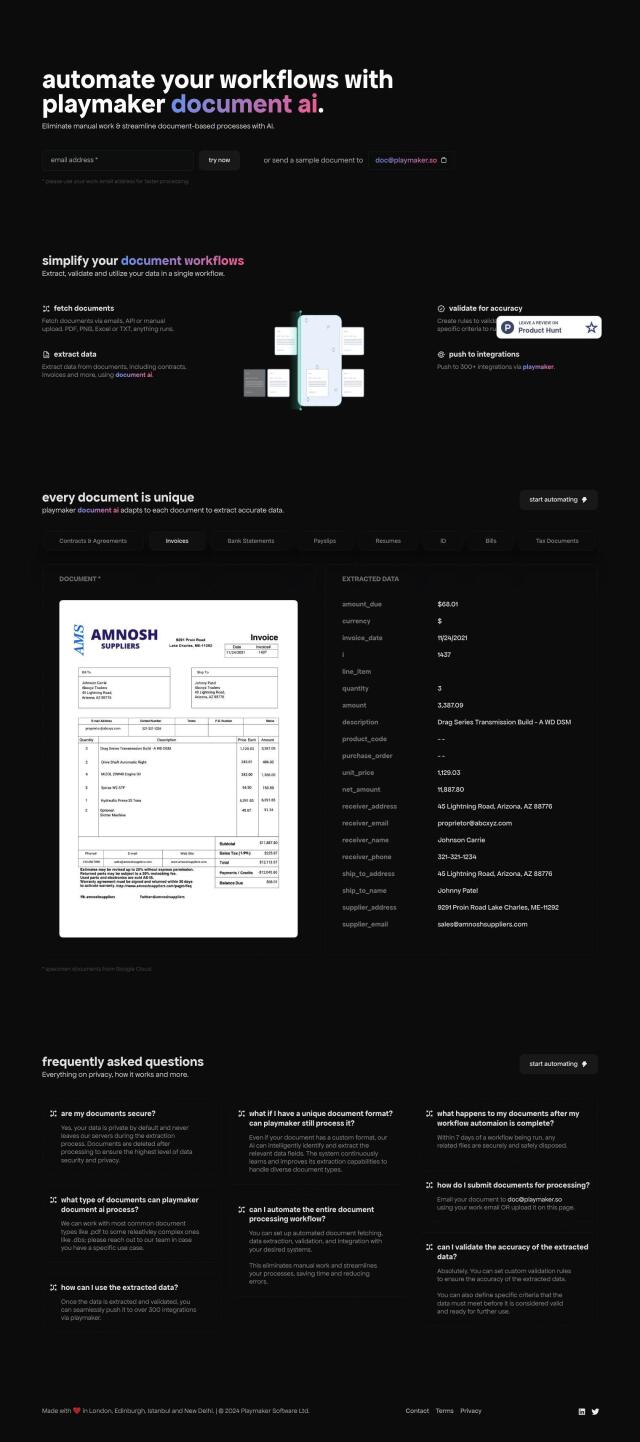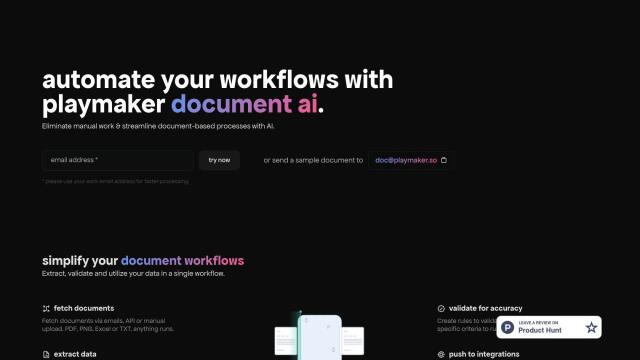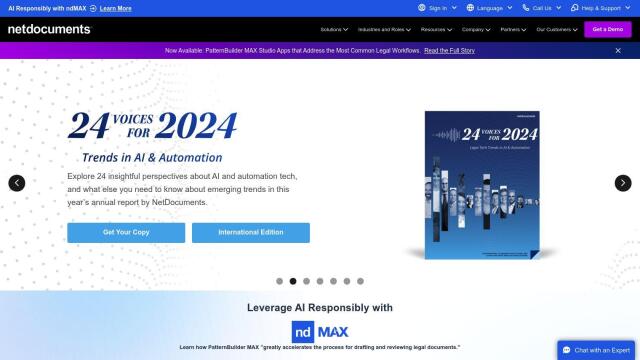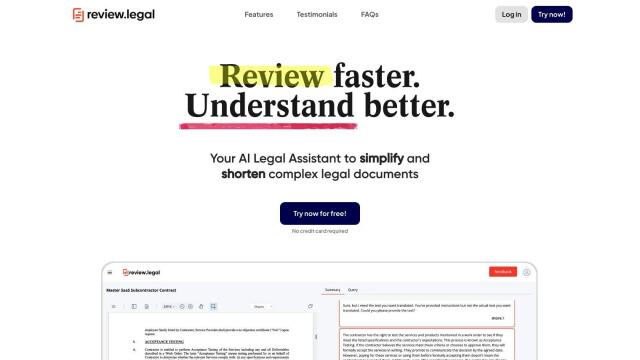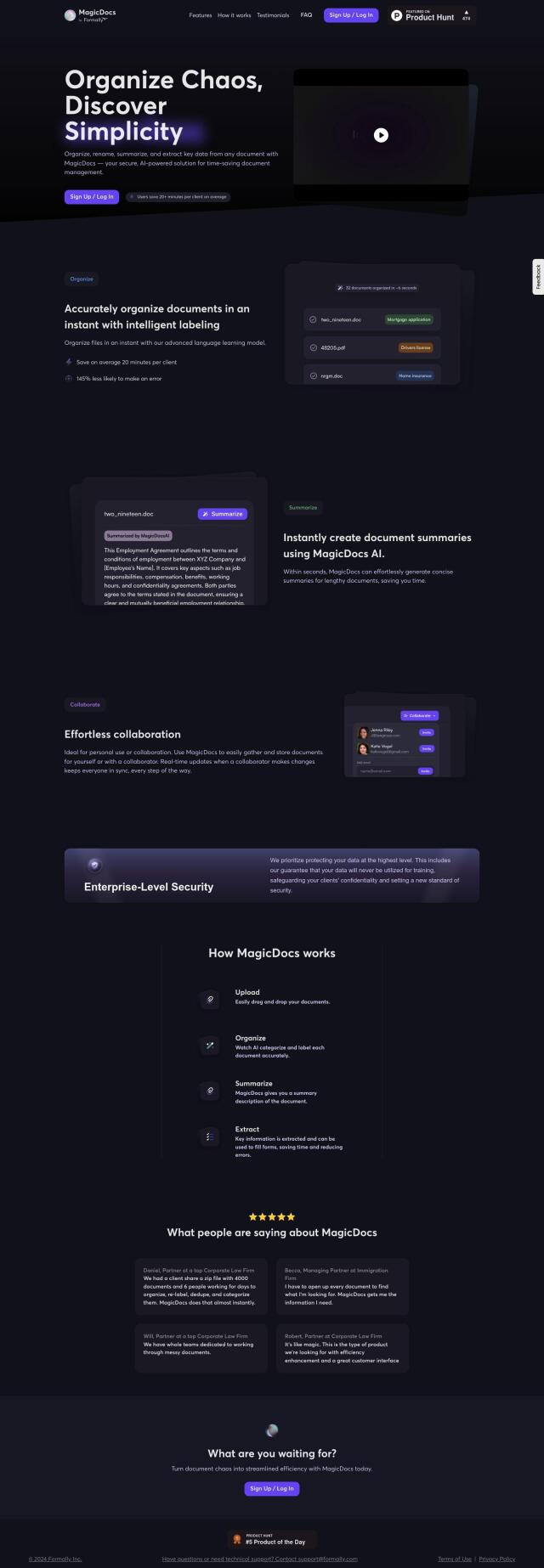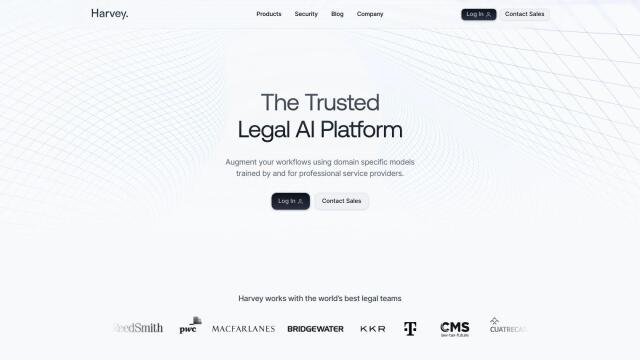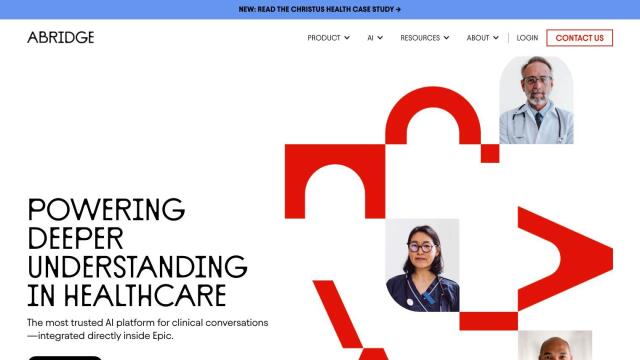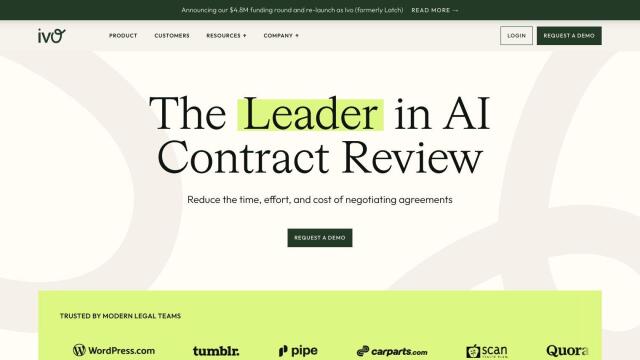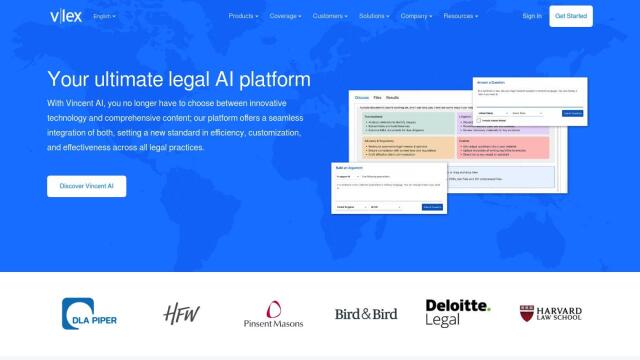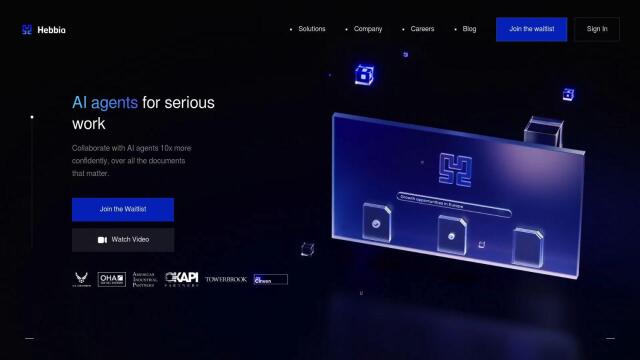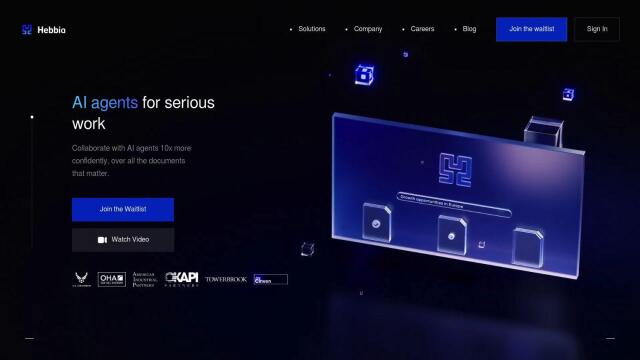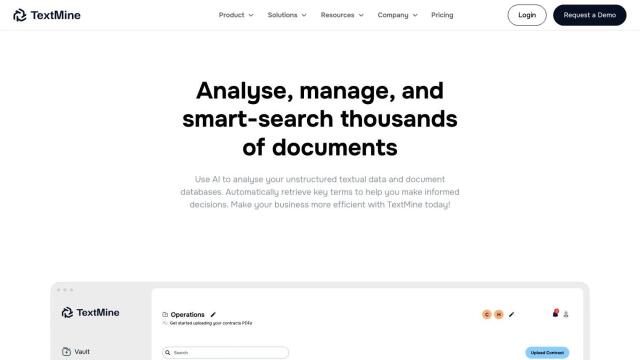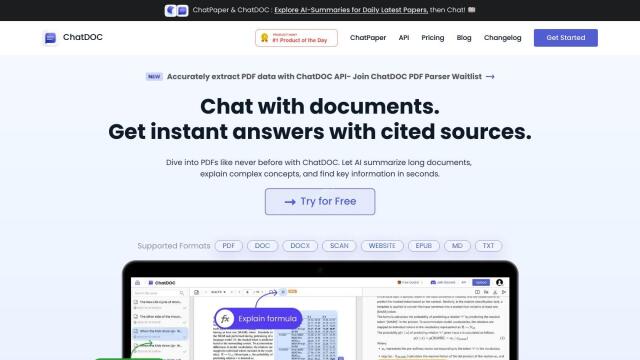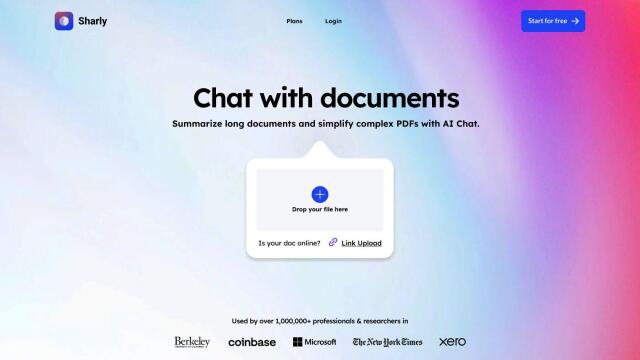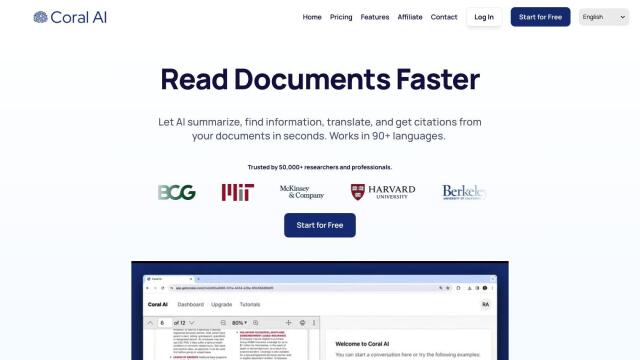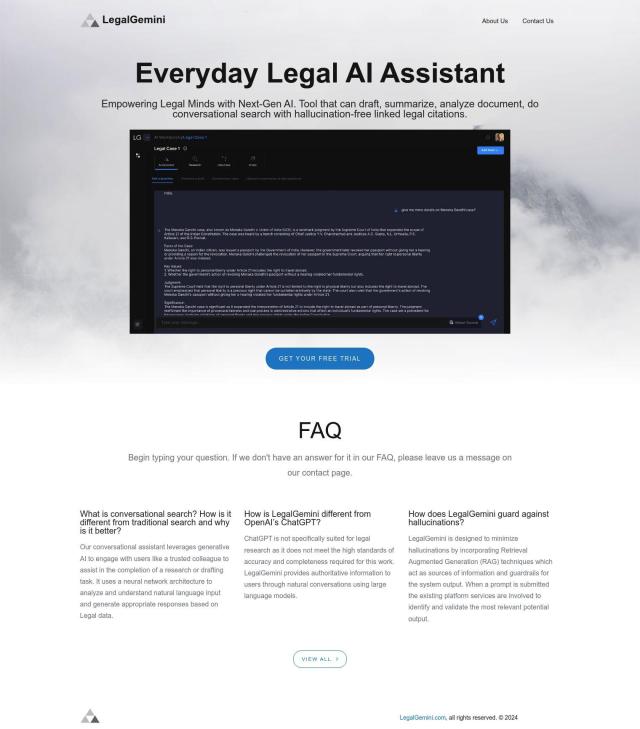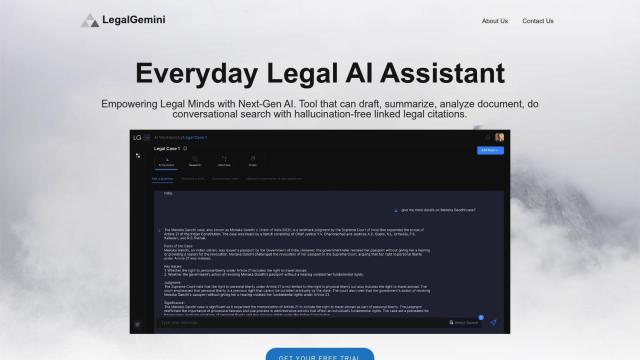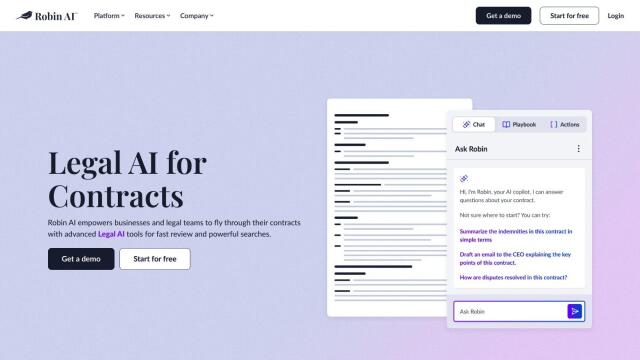Question: Can you recommend a tool that automates medical record review and organization for lawyers?
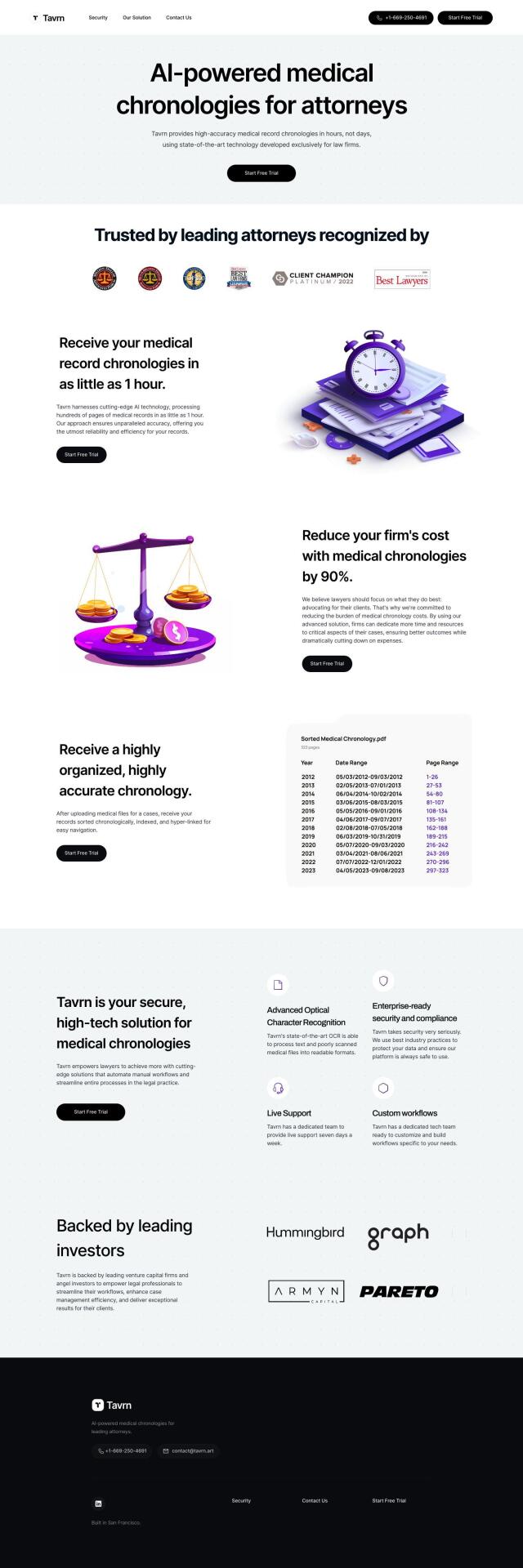
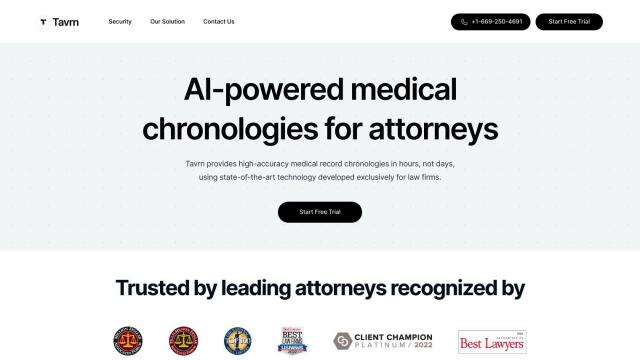
Tavrn
If you're looking for a tool to automate medical record review and organization for lawyers, Tavrn is a top contender. The AI-powered platform assists lawyers by automatically generating high-accuracy medical record chronologies in a matter of minutes. It can handle hundreds of pages of medical records, convert text and poorly scanned documents with advanced OCR, and present the output with records sorted, indexed and hyper-linked. With features like enterprise security, live support and customizable workflows, Tavrn can help reduce medical chronology costs and improve case results.
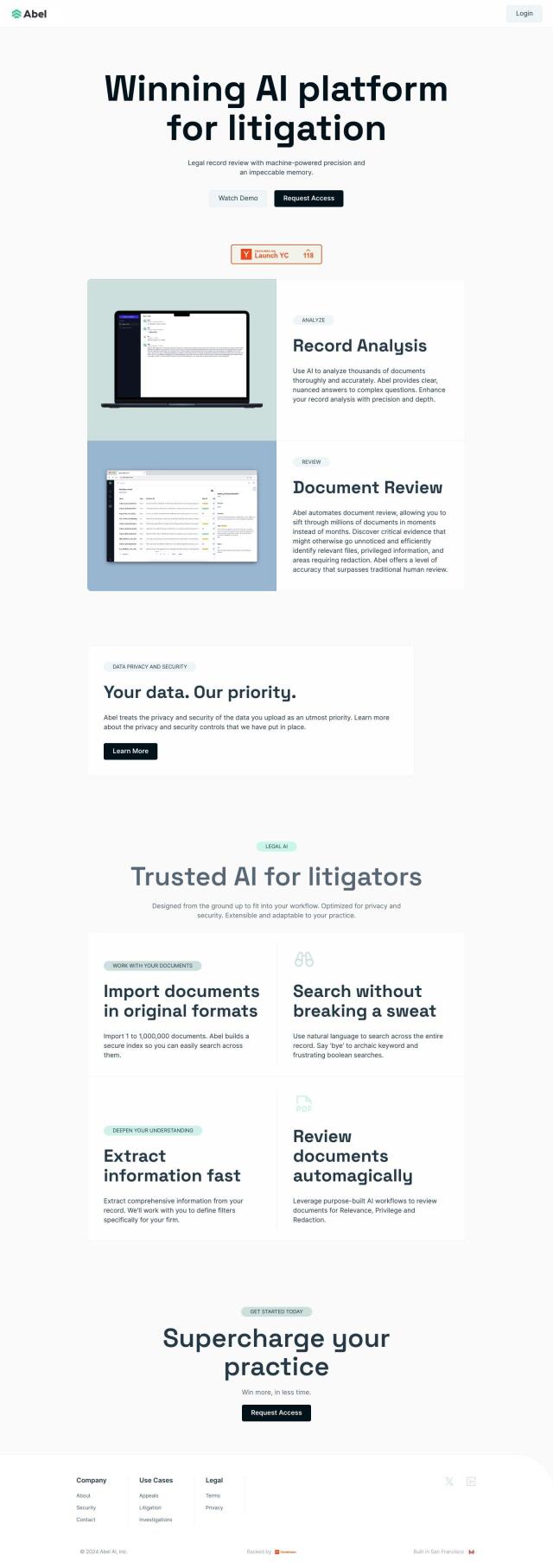
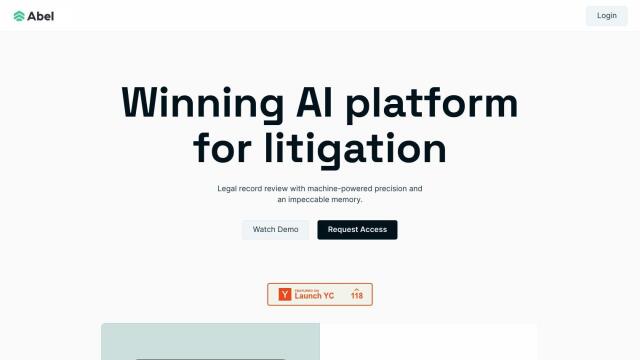
Abel
Another top pick is Abel, a machine-powered information retrieval system for litigation. Abel automates document review, digs deep into records and has strong privacy and security controls. It can search full records with natural language search and use custom filters to extract detailed information. It's particularly good for quickly and accurately analyzing large legal documents, speeding up the review process and ensuring high precision.

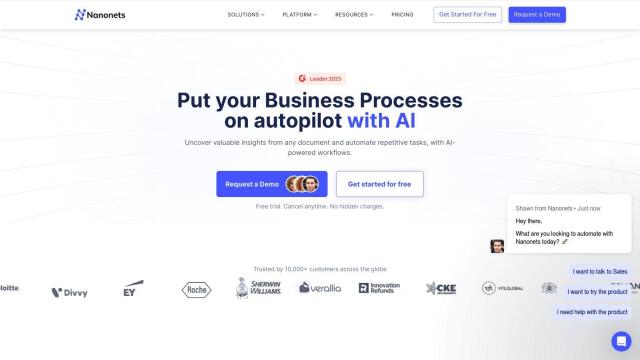
Nanonets
If you're looking for a more general-purpose tool to automate legal work, check out Nanonets. Although it's geared more for extracting insights from unstructured data, it also can be used to organize medical data. With features like advanced AI-driven data extraction, data enrichment and smart decision engines, Nanonets automates repetitive tasks common in legal and medical record processing. It also has strong compliance controls to ensure data confidentiality and integrity.

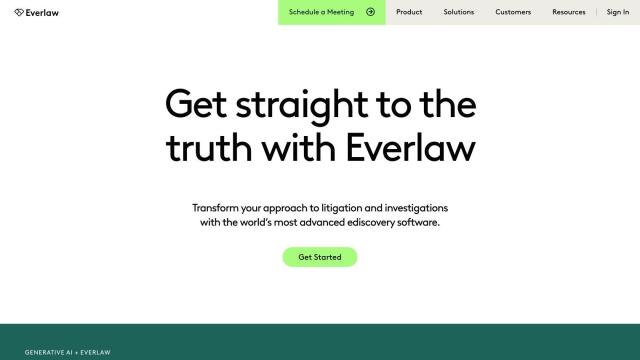
Everlaw
Last, Everlaw is a cloud-native ediscovery platform for litigation and investigations. It's got advanced analytics and machine learning tools to quickly extract information from large data sets. Everlaw has features like early case assessment, foreign language translation and audio/video transcriptions. It also can quickly upload and review documents with AI, making it a good tool for managing complex legal documents and investigations.

